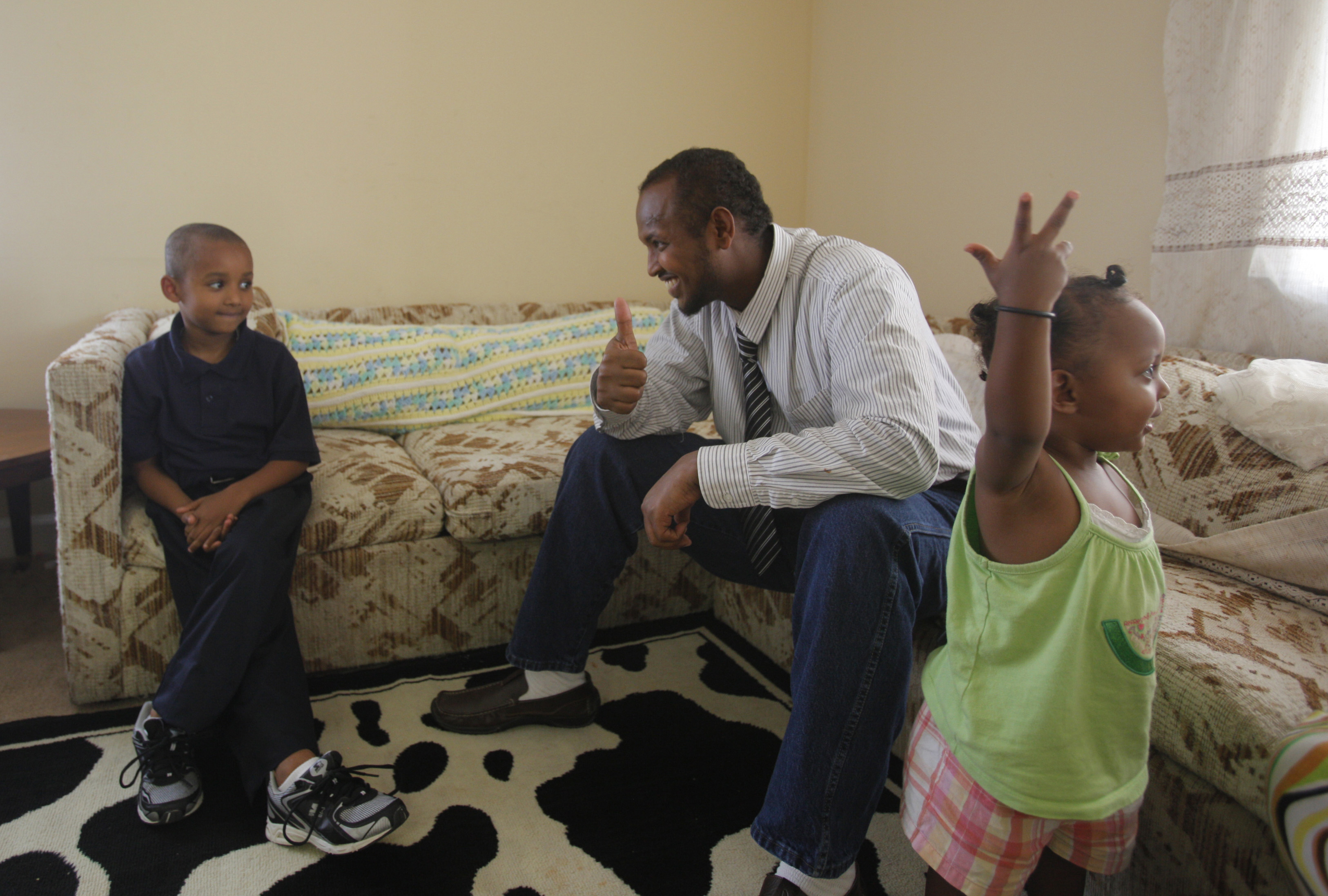HOW TO HELPTo donate to the United Nations Refugee Agency, visit: www.unhcr.org/emergency/somalia/FAST FACTS• About 3.2 million Somalis are on the brink of starvation.• About 390,000 children are starving in Somalia and 140,000 were approaching imminent death in mid-August.• Somalia has not had a functioning central government for two decades, during which fighting spawned by warlords and Islamic militants has killed thousands of people and driven 1.4 million from their homes.• About 875,000 Somali refugees and asylum-seekers are in neighboring countries, with Kenya, Yemen, Ethiopia and Djibouti hosting more than 90 percent of them.• So far, donors have provided more than $1.3 billion for the relief effort in the region, known as the Horn of Africa, but just under $1.2 billion is still needed.• A large-scale effort is under way in Ethiopia to address the high mortality rates among new arrivals from Somalia.• Malnutrition remains the leading cause of death but the situation is being compounded by suspected measles and other diseases.• More than 140,000 Somali refugees have fled to Kenya since the beginning of the year, 70,000 during June and July alone.Source: United Nations News Centre
In 1998, Abshir Noor lost his mother, his grandmother, an uncle, a couple of cousins and many friends.
They were all shot to death. No one knows why or by whom. That's how life is in Somalia.
"People get killed and nobody knows who killed them," Noor said through an interpreter from his new home, a small apartment in Chattanooga's Southside.
The 30-year-old resettled in Chattanooga with his wife and two children in May - three years after they applied for refugee status - with the help of the local organization Bridge Refugee Services.
After his family was killed in Somalia, he fled in a rickety, overcrowded boat to a refugee camp in Yemen, where he lived before coming to the United States.
"I thank God I made it here and that this is a safe place," he said. "I just hope my family and everybody who is suffering can get the same chance of a better life that I did."
Somalia, an African country slightly smaller than Texas, is at the heart of what United Nations officials call the worst humanitarian crisis in the world. More than 12 million people in Kenya, Ethiopia, Djibouti and particularly Somalia are in urgent need of help, according to the U.N.
Tens of thousands of people have starved to death and about 140,000 Somali children are approaching "imminent death," according to reports from the United Nations News Centre.
"It's very sad," Noor said in broken English. "It's my people."
He still has uncles, siblings and his father living about 60 miles outside the Somali capital of Mogadishu and he talks to his family members a couple of times a month.
Like Noor, they had to flee their homes because of the violence and now live in tents, he said. Without jobs, they rely on international aid for food, he said, but there's never enough.
But even if people have food, they are simply not safe, he said, and he repeated the words "security" and "safety" over and over again. The lack of security is preventing aid from reaching people.
"There's no government; there's nothing over there," he said. "No security. People are getting killed every day. Everything is messed up over there."
About one-quarter of Somalia's 7.5 million people have been uprooted in 20 years of conflict among militias, the government and the Islamist group al-Shabaab that have combined with waves of drought to bring the country to its current state, according to the United Nations.
The drought is considered to be the most severe in 60 years, and the next rainy season is not due until October.
A refugee camp in Kenya is approaching 400,000 people, more than the population of Hamilton County.
In the first half of 2011, more than 83,000 Somalis fled to Kenya, more than 400 miles away, about the distance from Chattanooga to Indianapolis. Kenya is the largest host country to Somalis, with nearly 498,000 Somali refugees, followed by Yemen, with nearly 192,000, according to the U.N.
It has been reported by the media and the United Nations that entire families walk for weeks to neighboring countries such as Kenya, enduring the scorching sun, temperatures well above 100 degrees and strong winds. The weakest children die along the way, and some mothers must choose which child to save and which to leave behind to die.
Noor hopes the news about his country will continue to spread so people can receive help.
"My family and my country mean everything to me," said Noor. "If I could do anything to make it better, to stop the war, I would."

